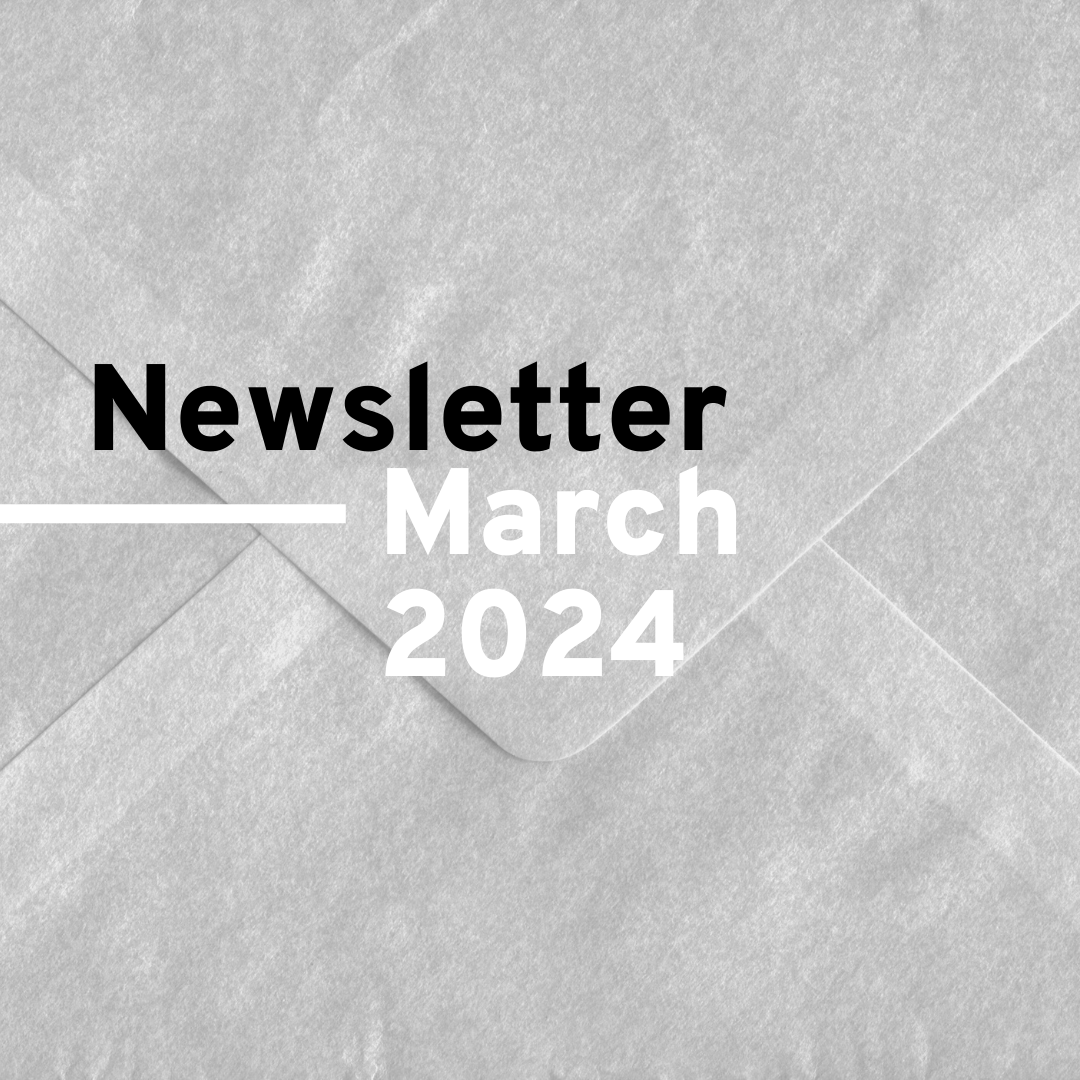Blog post
Climate, defence, sovereignty, competitiveness, purchasing power… Europeans in the middle of the road
Newsletter March 2024

Quote this article:
Matelly, S. “Climate, defence, sovereignty, competitiveness, purchasing power… Europeans in the middle of the road”, Newsletter, Jacques Delors Institute, March 2024
When a term of office comes to an end, it’s time to take stock, and in the 5 years between now and the previous elections in 2019, it has to be said that the record is at least as unexpected as it is impressive. You only have to re-read the report “Reflections and scenarios for the EU27 by 2025”, published in 2017 by the then President of the European Commission, Jean-Claude Juncker, to realise this. Aimed at getting Europe out of the doldrums in which it found itself at the time, of the 5 scenarios proposed, only one envisaged doing better together, while the others (status quo, nothing more than the single market, voluntary cooperation or doing less but better) acknowledged the great difficulty the Member States were having in making progress on a growing number of issues and the need perhaps to make a pause.
It was 2 years before the last elections to the European Parliament, which were to see one of the strongest mobilisations of the electorate and give real impetus to the Green Deal. It was 3 years before the Covid pandemic, which was to push Europeans to innovate both in terms of European management of the pandemic and of the ensuing economic crisis, and to envisage joint indebtedness to implement the NextGenerationEU. Finally, it was 5 years before the return of a high-intensity war on the EU’s doorstep, which finally convinced Europeans to speed up negotiations for further enlargements, but also to increase their investment in defence and equip themselves with innovative instruments to increase European defence equipment production.
The Jacques Delors Institute has followed this intense moment very closely, and the publications of the last month are further evidence of this. Isabelle Marchais’s report on the international role of the European Parliament, which, although closely bound by the Treaties, is no less significant given the importance of European standards in national regulations. Jacob Kean-Hammerson and Geneviève Pons from Europe Jacques Delors in Brussels explain how, as a major international player, the European Union has a central role to play in achieving an ambitious result in the negotiations on the Plastics Treaty. Cyrille Bret, for his part, emphasises the extent to which, after 2 years of war in Ukraine, the EU’s strategic stance has been radically transformed. The infographic by Camille Defard and Phuc-Vinh Nguyen reminds us just how strong Europe’s ambition for carbon neutrality, set out in the Green Deal and reaffirmed in the adjustment to target 55 (FitFor55), is, implying major changes, unprecedented investment and innovative instruments.
And yet, despite this progress, Bruno Cautrès and Thierry Chopin highlight both the expectations and the persistent concerns of Europe’s citizens, reminding us, if proof were needed, that although the European Union has been particularly active and determined on a number of issues, it is still only in the middle of the road on all of them. Not only must it ensure the continuation and implementation of the projects undertaken (climate and energy transition, defence, sovereignty and economic security, purchasing power and social issues, etc.), but it must also anticipate the challenges ahead (ageing population, the trend is accelerating; competitiveness and economic growth, the gap is widening with other economies, etc.). The institutions will also have to find the way to create real coherence without complicating matters, to manage to articulate/coordinate the various projects and initiatives so that they do not compete with each other but, on the contrary, complement each other. This is also the observation made by Nils Redeker of the Jacques Delors Centre in Berlin in his analysis of the Net-zero Industry Act, which is supposed to be a response to the American Inflation Reduction Act. In it, he regrets that the EU is unable to formulate significant priorities in terms of industrial policy, that it lacks the regulatory levers to support certain industries and the financial firepower needed to take advantage of the size of the European market and achieve its objectives without undermining fair competition.
And this is where the forthcoming elections come in, because contrary to what some political parties, opinion polls and the media would have us believe, Europeans are more convinced than in the past that the European level is better placed than national levels to meet all these challenges. But this very fact means that the choices voters make will determine the kind of Europe we will live in tomorrow and the day after tomorrow, and the objectives that will lead us to seek to move forward together in a coordinated and pragmatic way or, on the contrary, in a fragmented and dogmatic way. Faced with climate change, security issues, Europe’s ageing population, growing inequalities, the continent’s relations with the rest of the world, etc., the visions and sensitivities regarding the policies to be pursued are very different from one list to another. It is interesting to note, moreover, that it is not so much European countries that are divided as political trends and parties, hence the importance of this European election.
Sylvie Matelly
Director of the Jacques Delors Institute








